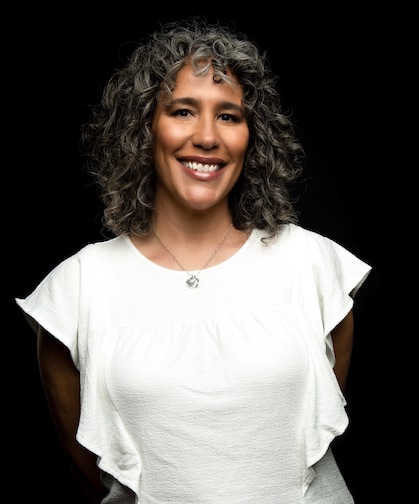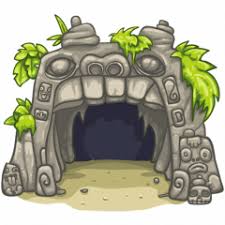Tell us about your background and what got you interested in health and medicine?
Science has always fascinated me. When I was a child I would imagine my future self in a laboratory with beakers of bubbling substances. As I got older, I seriously considered a path in marine biology, but after a deep dive, (pun intended!), into what life would be like in that field, it looked fascinating but also hard to make a living. As a child of immigrants and modest means - as well as the strategy and operations-minded person I am - I felt like I had to explore other options for practical reasons. Since I am also a ‘people-person,’ I found my direction in health science where I could put my science and people passions both to good use.
Tell us about what you do and the neighborhood or different locations that you work in.
At Onboard Health, I am Head of Strategy and Operations. We support a network of individuals and companies working to move us toward a more equitable future of health in our nation. We provide space for leaders to grow and make connections and help connect these talented leaders with companies dedicated to our mission. If you were to open up the Onboard Health newsletter as you sipped your Sunday morning coffee, you might find companies, (and their founders), like the following in our Community Spotlight: Ashlee Wisdom, Health In Her Hue, Javier Evelyn and Alerje, or Shruti Kothari and Crown Society And that’s just a tiny slice of our amazing founder community. We also have leaders and emerging leaders from across the health space that represent the rich network of individuals coming together to find opportunities for mentorship, continuing ed, connection and belonging through Onboard Health. All of this has been happening primarily in online spaces, even pre-pandemic, showing early on the power of tech when used with intention.
How has your work routine changed since the pandemic?
Work has become even more fluid to meet the needs of the constant pivots we have all had to make. With the added stress, we have made intentional moves to be more strategic with our time, like only opening our calendars for meetings during certain blocks and giving ourselves plenty of meeting-free time to take care of our most pressing needs first (from work to home life to health to finding joy). Not all that surprisingly, we’ve been more productive!
How does trust play a role in your daily work routine, especially in the current COVID atmosphere?
Trust plays a big role in how I and my other team members show up on the daily. We have created a culture at Onboard Health that puts trust in our team members to know when they need downtime, speak up about what they need to get their jobs done, and anything else that comes up in these very uncertain times. I am so grateful to be a part of and grow a company that puts our humanity at the center of everything we do.
What is the best part of your day? The hardest?
I am grateful to be able to say that my days at Onboard Health are filled with rewarding and inspiring experiences, in big part due to the relationship driven nature of our work. We are constantly talking with leaders in our space who are accomplishing amazing things. The hardest part of this work is seeing how many folks are still talking about the importance of creating a more diverse, inclusive and equitable approach in their organization but taking no action and putting in no funding.
What is the best life/career advice anyone has ever given you?
This is a hard question to answer because there is a ton of good advice out there. One thing that has been top of mind for me lately is something the entrepreneur and author Rachel Rogers, (We Should All Be Millionaires), has taught me: making million-dollar decisions. This is a practice of asking yourself the ROI on any decision to spend your money, time, and energy on to ultimately free up your biggest asset — yourself. It’s useful in almost every facet of my life!
Can you recommend one easy, daily self-health practice that can help people get through the day?
What works for me is to take time to step away from the screen and work for even a few minutes of mindfulness. Sometimes that may look like using a meditation app and others it is going outside for a walk and it could be anything else that gets me checking in with myself to see what I need to be at my best.
Is there anything else you’d like the public to know about how it feels to be a health strategist in the middle of a global pandemic?
At times, it has been really frustrating to be a strategist and health communication professional and witness the lack of strategic planning and messaging that we have over the last two years. It has also been heartening to see that many many people in our field have been committing to act and be accountable for moving the needle on health equity in our country.
More Stories from Kinnected
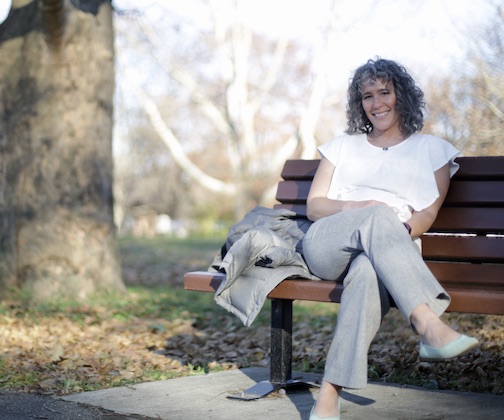
At times, it has been really frustrating to be a strategist and health communication professional and witness the lack of strategic planning and messaging that we have over the last two years.
-
4 years ago
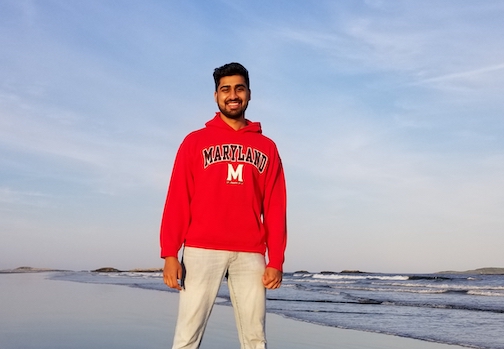
"What many people miss is that emotional exhaustion among clinicians existed long before the pandemic."
-
4 years ago
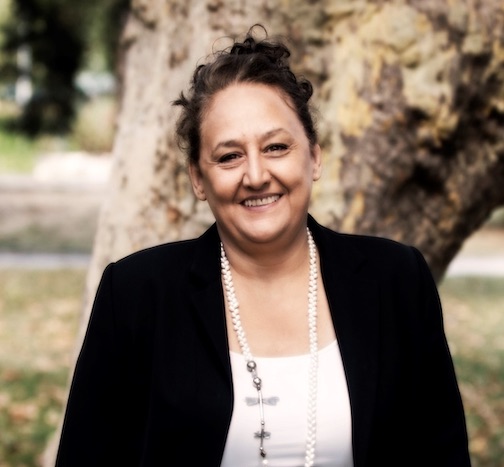
"A lot of people argue whether technology is good for the future of humanity or bad. In my opinion, it is both - just as an herb could be a poison or a medicine."
-
4 years ago
